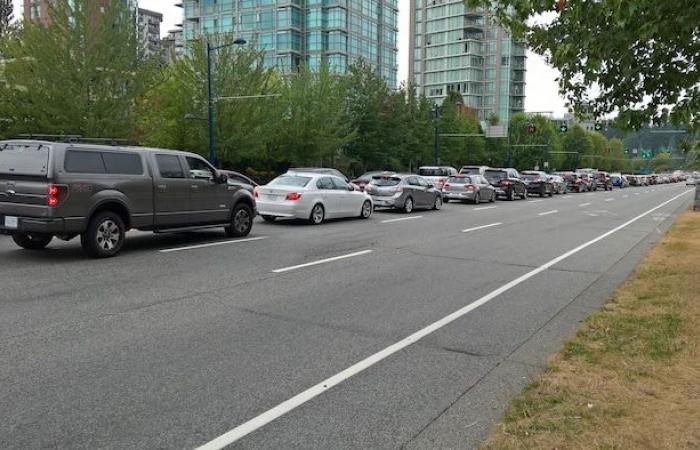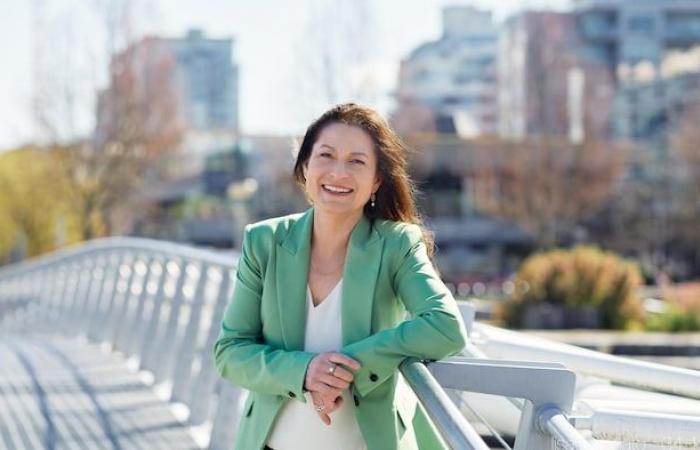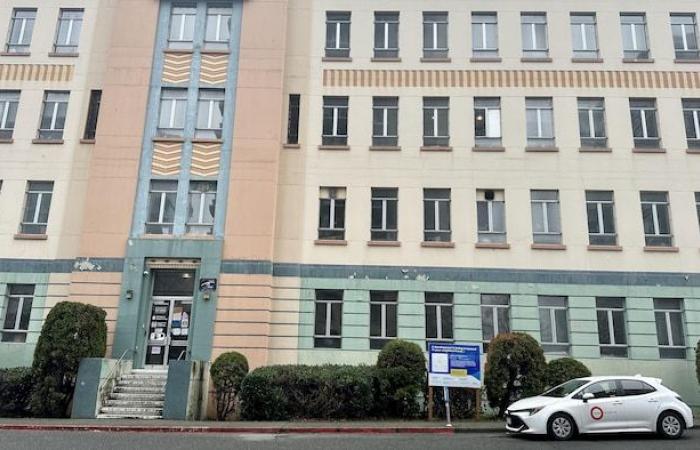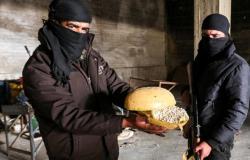With Greater Vancouver’s population expected to reach 4 million people in 2045, 9 years earlier than expected, the transportation and congestion situation could deteriorate if this increase is not taken into account.
Moovita mobile and web application for urban travel and route calculation, ensures that according to its data Vancouver is the city with the longest commute by public transport, i.e. 60 minutes per day, among the city data of the Canada and the United States.
However, Moovit only took into account Vancouver and Toronto for the Canadian part of its comparisons (around fifty places in the world being listed).
According to the 2021 Statistics Canada census, Vancouver already has the highest density in the country with 5,750 people per km2 for a municipality of 5,000 inhabitants or more.
Open in full screen mode
A traffic jam on Georgia Street in Vancouver. (Archive photo)
Photo : - / Philippe Moulier
Andy Yandirector of the urban program of the University Simon Fraser (SFU), puts population increase into perspective and ensures that predictions can change, particularly depending on immigration programs.
He assures that Metro Vancouver is preparing for population growth and infrastructure needs like transportation, but that the region must also maintain what is already built.
Maintenance of water and sewer systems [doivent être faits en prévision] of a future earthquake. So all of that goes into the discussion of not only growth, but also maintenance in the region.
Diversify modes of transport
Vancouver City Councilor Lisa Dominato believes the data from Moovit are worrying and that we must invest in public transport in particular so that it is reliable and used by the population.
She assures that this subject is discussed regularly with the provincial, the federal, but also TransLink or the municipalities of Greater Vancouver, because we need to think about these questions regionally
. She mentions the province’s plans to increase density near transit hubs.
Open in full screen mode
Lisa Dominato is a municipal councilor for the City of Vancouver.
Photo : - / Fournie by Lisa Dominato
Lisa Dominato, for example, recognizes an investment gap south of the river Fraser in the municipalities of Surrey et Langley and where there are longer journeys
.
Several solutions are being explored by different stakeholders to improve transportation in Greater Vancouver, she said, such as having dedicated bus lanes, perhaps a rapid bus that would go to SFUor the expansion of the lanes of Highway 1.
Lisa Dominato encourages people to use other modes of transportation like cycling or walking if it is possible
and ensures that taking into account residents’ travel times constitutes an important issue for quality of life
.
The future of the city [c’est] really have a multimobility system.
Sylvain Célaire, a resident of North Vancouverand director of business development at Modo, also believes that modes of transportation should be chosen based on individual journeys and capabilities.
He avoids driving during rush hour, because the travel time becomes too uncertain. While he lives near the bridge Second Narrows Railhe explains that the slightest accident or stopped vehicle causes traffic jams and traffic. panic
.
In Modo, we strongly believe that public transport must be the backbone of a city’s transport system, and that this public transport must be of very, very good quality.
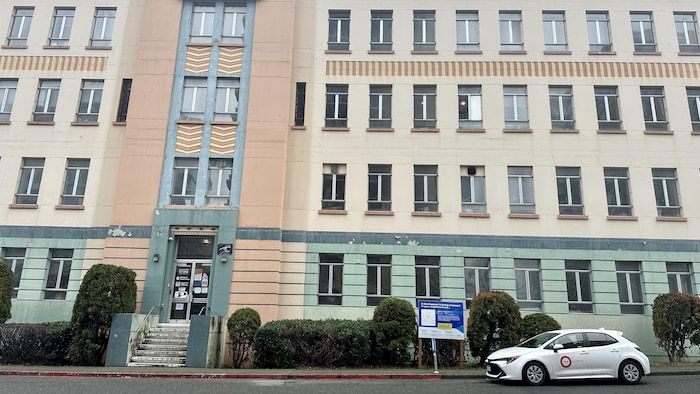
Open in full screen mode
Modo is present in 25 municipalities across the province, explains Sylvain Célaire. (Archive photo)
Photo : - / Mélinda Trochu
Personally, Sylvain Célaire considers that it is necessary to understand than one person per car, this is a solution that requires a lot of space
.
In an urban region where space is limited, where there is a rapidly growing population like Metro Vancouver, if that is the predominant solution [cela] will cause problems after a while, and there we are.
He recognizes that changing people’s behavior is often the hardest
and thinks that there must be collective awareness
.
We are all here together to be impacted by traffic and people who can make a difference, who can afford to make choices and good choices for themselves and for the community… I hope they will make them . There are people for whom it will be more complicated and that is important to recognize and not forget.
Sylvain Célaire hopes that political actors will proof of courage
to choose investments and solutions that will prove successful in the long term, and not just in the short term.
With information from Alphonsine Sefu and Meera Bains

